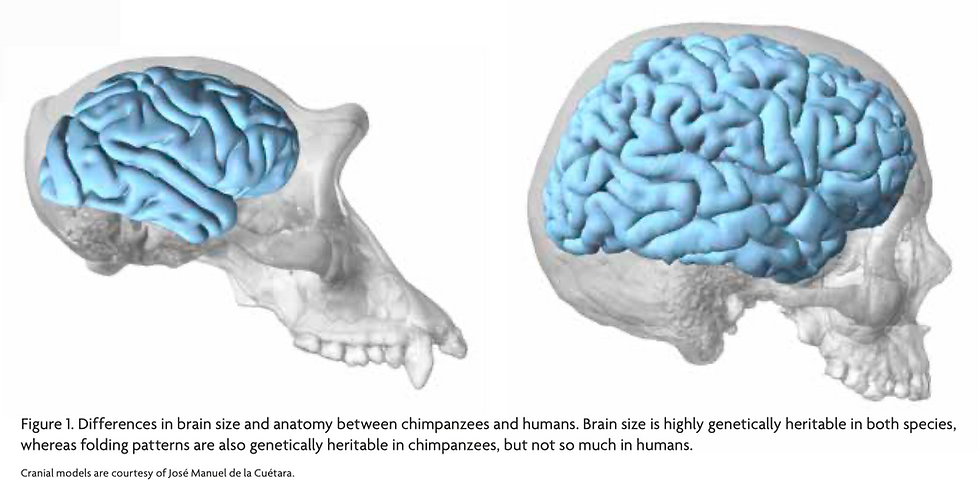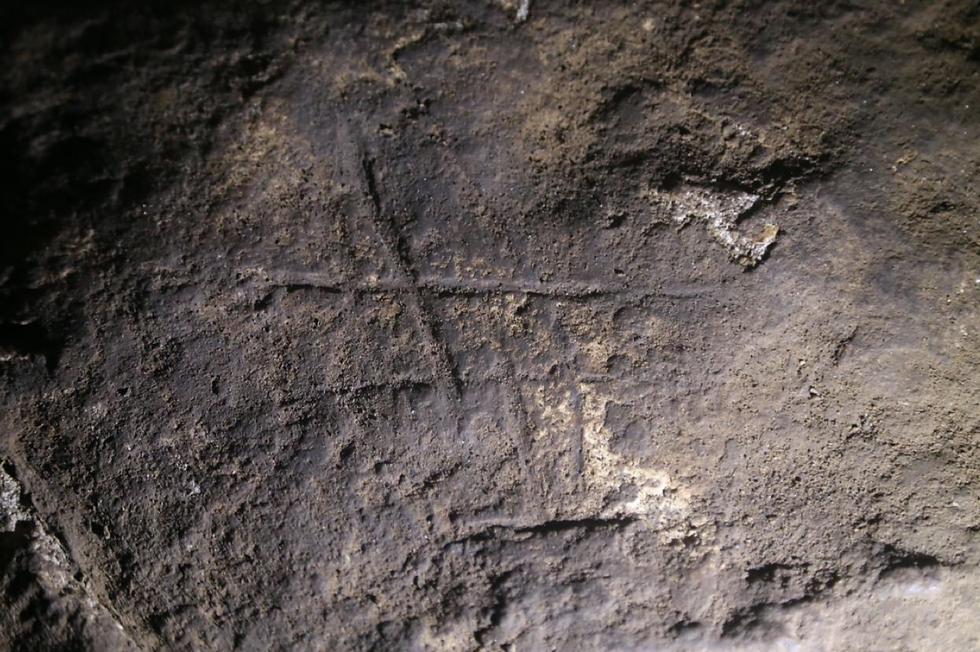Incomplete Fossils
- Wu, Bozhi

- Mar 11, 2019
- 1 min read

Why does the oldest fossil in a particular lineage underestimate the true age of the lineage? Explain how this problem is affected by the quality and completeness of the fossil record.
As not all individuals in a species could form fossils, and also not all fossils that exist have been discovered by scientists, there are two layers of uncertainties or incompleteness here. That is to say, the oldest fossils that were formed might not be the ones of the earliest individuals in the species. Furthermore, the oldest fossils we have found now might not even be the genuine oldest fossils formed in the history. As a result, when we try to estimate the age of the lineage of a species from the fossil records we have, we are likely to underestimate the true age of them.
And this estimation may be affected by the quality and the completeness of the fossil records too. With fossils of better quality, our estimate for their age would become more accurate and precise. Also, as the fossil records become more complete, we would have more data and could then form more accurate estimates for the true age of the species’ lineage. The incompleteness of fossil records is one of the greatest barriers for us to reach the “truth.”




Comments